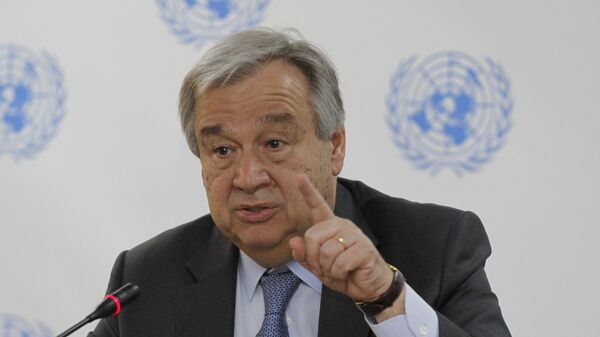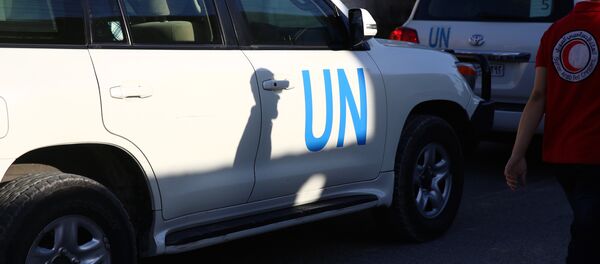"The Secretary-General is encouraged by the agreement today in Astana… It will be crucial to see this agreement actually improve the lives of Syrians," the spokesman said.
Dujarric said the UN chief welcomed the commitments to ceasing the use of all weapons, particularly planes, providing unhindered humanitarian access and creating conditions for the delivery of medical aid.
The Russian-proposed deal, signed at the end of the fourth round of Syrian peace talks in the capital of Kazakhstan, will allow for the creation of "de-escalation zones" in the Idlib province, to the north of the city of Homs, in Eastern Ghouta and in the south of Syria.
Syrian government and opposition forces would be precluded from engaging each other in the designated areas by means of guarantor-run security buffers, checkpoints and observation posts that could encourage refugees to return to the war-torn country.



